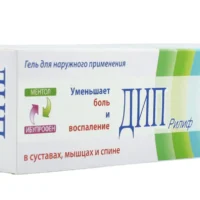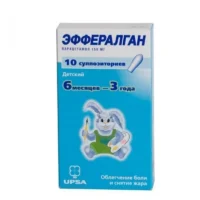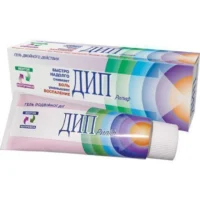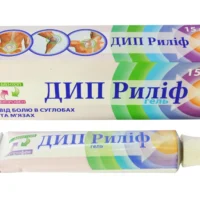Description
Papaverin (Papaverine Hydrochloride) Tablets 10 mg №10
Ingredients:
Each tablet contains 10 mg of Papaverine Hydrochloride.
Dosage:
The usual dosage is 10-40 mg taken 3-5 times a day. Dosage may vary based on individual response and medical condition.
Indications:
Papaverin tablets are indicated for the treatment of smooth muscle spasms. They are commonly used to relieve symptoms associated with conditions like intestinal colic, renal colic, and peripheral vascular diseases.
Contraindications:
Do not use Papaverin tablets if you have a known hypersensitivity to Papaverine or any other ingredients in the formulation. Consult a healthcare provider before use, especially if pregnant, breastfeeding, or with pre-existing medical conditions.
Directions:
Take Papaverin tablets orally with or without food as directed by your physician. Do not exceed the recommended dosage without medical supervision.
Scientific Evidence:
Papaverine, the active ingredient in Papaverin tablets, is a vasodilator that works by relaxing smooth muscles in blood vessels, leading to increased blood flow. This mechanism of action makes it effective in relieving spasms and improving blood circulation in various conditions.
Studies have shown the efficacy of Papaverine in treating conditions like erectile dysfunction, peripheral vascular diseases, and biliary colic. Research published in the International Journal of Impotence Research demonstrated the benefits of Papaverine in improving penile blood flow and erectile function.
Additional Information:
- Storage: Store at room temperature away from moisture and heat.
- Side Effects: Common side effects may include dizziness, headache, and low blood pressure.
- Interactions: Inform your doctor about all medications you are currently taking to avoid potential drug interactions.





